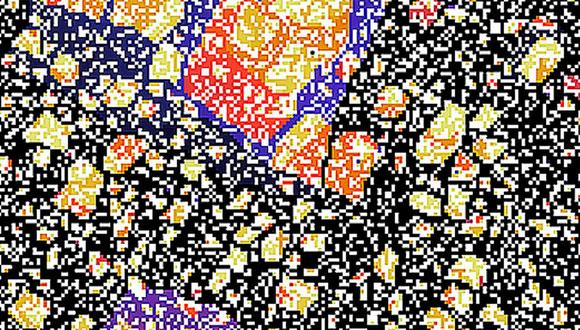Biological & Soft Matter Seminar: Overlapping ribosome reproduction cycles increase growth rate per total assembly time
Rami Pugatch, Ben Gurion University
Abstract:
At the heart of cellular reproduction lies the process of self-replication of the transcription-translation machinery. Composed of about a hundred molecular types, this machinery has a dual role; producing the proteome, and producing copies of itself. The two key players in this process, RNA-polymerases and ribosomes, self-replicate by jointly producing their sub-components which subsequently self-assemble to new RNA-polymerases and ribosomes. We show that a self-assembly step allows ribosomes to perform more tasks, including starting another round of self-replication, prior to the completion of the previous round. This overlapping of self-reproduction cycles increases both efficiency and growth rate. We devise a general model for concurrent self-replication with a self-assembly step and employ it to infer in-vivo duration of ribosome self-assembly in fast growing E. coli bacteria and to predict the effect of limiting assembly chaperons on the growth rate.


